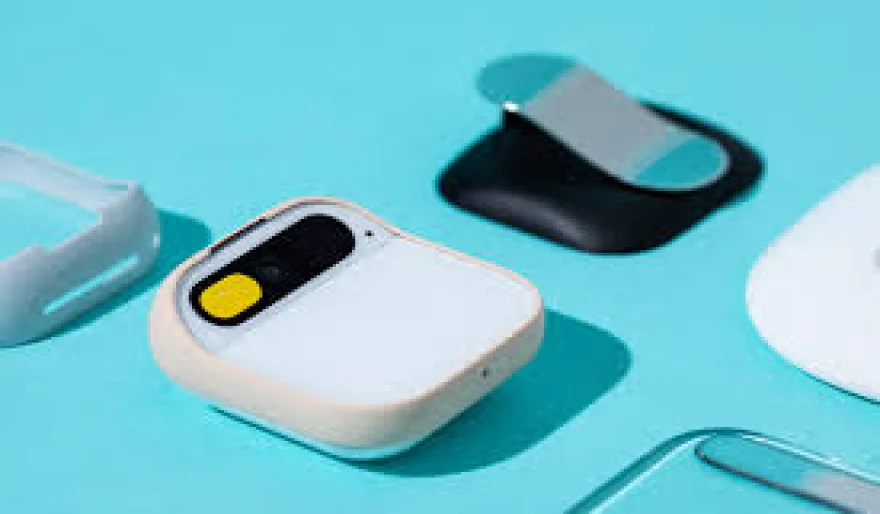Stay Ahead of the Curve
Latest AI news, expert analysis, bold opinions, and key trends — delivered to your inbox.
Humane seems to be following in the footsteps of Windows and BlackBerry.
3 min read Humane, the ambitious startup behind the AI-powered wearable Pin, is encountering major hurdles as the device struggles to capture market interest. Some are now speculating that Humane could be following a path similar to once-iconic tech giants like BlackBerry and Windows, which faced similar challenges in maintaining consumer momentum. October 25, 2024 07:20
Humane, the ambitious startup that launched its AI-powered wearable Pin, is facing significant challenges. The device, which promised to revolutionize the way we interact with technology, has failed to gain traction in the market. This has led to speculation that Humane may be headed down a similar path as iconic tech companies like Windows or BlackBerry.
Windows, once the dominant operating system, faced a decline in market share due to a combination of factors, including the rise of competitors like macOS and Linux. BlackBerry, once a leader in the smartphone market, also experienced a steep decline as it struggled to adapt to the changing landscape of mobile technology.
Humane's Pin, while innovative, has faced several hurdles. The high price point, limited availability, and perhaps a lack of compelling use cases for everyday consumers have contributed to its underwhelming sales. These challenges are reminiscent of the struggles faced by Windows and BlackBerry during their respective declines.
However, it is important to note that Humane is still a relatively young company, and it is too early to definitively compare its situation to that of Windows or BlackBerry. The company may be able to overcome its current challenges and find a niche in the market.
To succeed, Humane will need to address the key issues that have hindered the adoption of the Pin. This may involve lowering the price, expanding availability, and developing more compelling use cases. Additionally, the company may need to invest in marketing and public relations to raise awareness of the device and its capabilities.
While the future of Humane remains uncertain, the company's struggles serve as a reminder of the challenges faced by even the most innovative tech startups. The success of a new technology often depends on a combination of factors, including product quality, pricing, marketing, and consumer adoption.



















 AI Agents
AI Agents